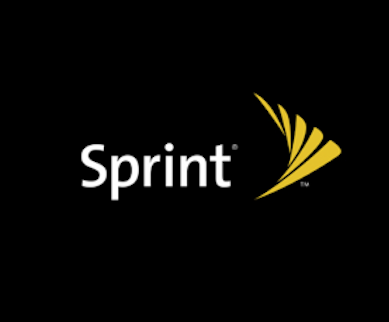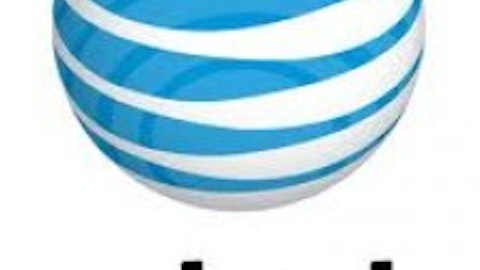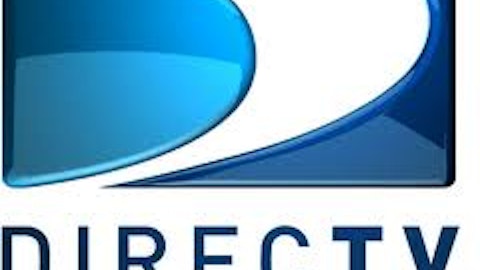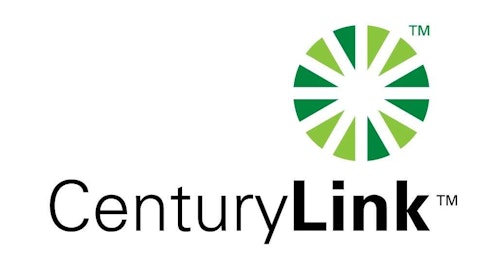Clearwire Corporation (NASDAQ:CLWR) has reported a drop in both revenue and subscribers in the fourth quarter of 2012. The broadband player reported revenue of $311.2 million in the fourth quarter, registering a decline of 14%. Retail revenue was down marginally to $194.4 million compared to $197.6 million. However, it was the steep fall of 29% in wholesale revenue to $116.6 million that caused the substantial decline in overall revenue. Despite the lower topline, the company managed to narrow its operating loss to $312.7 million as a result of absence of loss from abandonment of network – a charge which affected Clearwire to the tune of $123 million in the fourth quarter of 2011. Clearwire ended the year with 9.58 million customers, a decline of 8%. The drop was driven by the wholesale segment, which decreased by 9.9% to finish with 8.22 million.

Clearwire is in something of a fix now as it is currently the target of acquisitions, with both Sprint and DISH Network Corp. (NASDAQ:DISH) making offers for the broadband wholesaler. While Clearwire’s prized spectrum depth and Sprint’s current weak situation with its Nextel brand make for a logical choice, the former is keeping its cards close to its chest. Thankfully, Sprint plans to shut down the iDEN network, but would need Clearwire’s broadband spectrum to roll out its LTE network and achieve its goal of covering an extra 170 cities during the year up from 58 currently covered, with a coverage target of 200 million Americans by the end of 2013. These are daunting numbers and even though the wholesaler hopes to use the 800 MHz spectrum of the iDEN network for its LTE roll-out, extra help from Clearwire would be helpful.
The Washington based broadband player also seems to prefer Sprint Nextel’s deal, but DISH has certainly titillated Clearwire by making an offer of $3.30 per share, besting the $2.97 Sprint plans to offer for the buyout. While Clearwire still seems to favor Sprint’s offer, the fact that it has refused the first of Sprint’s payments so as not to void Dish’s offer highlights that the carrier is carefully considering all options. Meanwhile, Dish chairman Charles Ergen has said the company will consider selling some of its spectrum holdings in case of not finding a partner to launch nationwide wireless services.
Earlier this month, Clearwire filed a preliminary proxy statement on its agreement with Sprint Nextel in an indication that it is nearing a decision. Clearwire needs to make a decision sooner rather than later in order to receive funding from one of the companies so as to proceed with its LTE deployment plan. Although Clearwire will receive a flat fee this year as part of an old contract with Sprint, the amount will be enough to cover operational costs only. Predicting Clearwire’s decision is pointless as of now. The outcome will surely have long term repercussions for not just the company that manages to acquire it, but also to other industry players including AT&T and Verizon.
The article Sprint Hurts Clearwire’s Q4 Results, But Story Is Bigger originally appeared on Fool.com and is written by Jacob Wolinsky.
Copyright © 1995 – 2013 The Motley Fool, LLC. All rights reserved. The Motley Fool has a disclosure policy.





